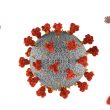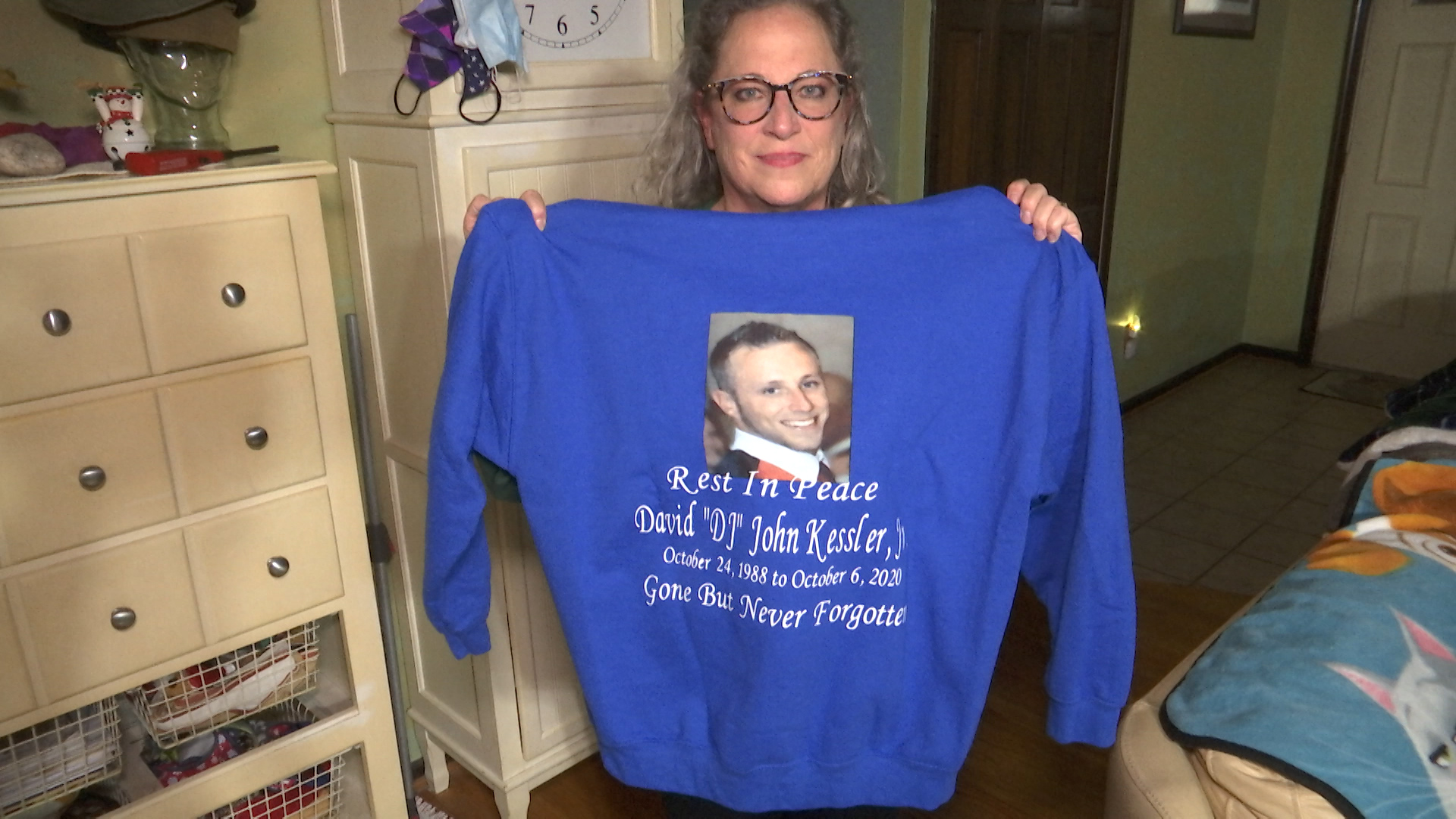Due to rising COVID-19 cases in the state, the Michigan Department of Health and Human Resources (MDHHS) has revised and extended its epidemic order.
Now, the agency has reduced the maximum size of indoor gatherings such as weddings, parties and banquets, which occur in nonresidential settings without fixed seating, from 500 persons to 50 persons. The agency says this change is necessary due to global evidence that the virus’ explosive growth is powered by events where large-scale outbreaks have occurred, also called “superspreader events”, and that indoor settings are as much as 20 times likelier to drive outbreaks than outdoor settings.
Currently Michigan counts 34 outbreaks related to social events such as trips by families/friends, bridal showers and weddings (three-10 cases); funerals (nine-22 cases) and outings at social clubs and bowling parties (six-19 cases). An additional 19 outbreaks of up to 52 cases are linked to church services, which are exempt from enforcement under the order.
For bars, restaurants and social events outside private homes, indoor party sizes at a single table are now restricted to six people. Because individuals remove their masks while eating and drinking in indoor settings, seated tables with people from different households create high risks of spread.
Like many other businesses in Michigan, bars and restaurants will also be required to take names and contact information to support effective contact tracing if necessary. Research published by the Centers for Disease Control and Prevention (CDC) has shown that visiting restaurants is a risk factor for COVID-19 positivity, and currently there are 12 outbreaks in Michigan associated with bars or restaurants with currently active clusters up to 12 cases.
“The orders that MDHHS has issued are centered on keeping the public safe and following best practices to reduce the spread of this deadly virus,” said Dr. Joneigh Khaldun, chief medical executive and chief deputy for health at the MDHHS. “The alarming surge we are now seeing is exactly why we were so worried about the fall season. We must remain vigilant, so we prevent long-term health consequences and unnecessary deaths, and protect our hospital capacity and the health of our frontline health workers.”












